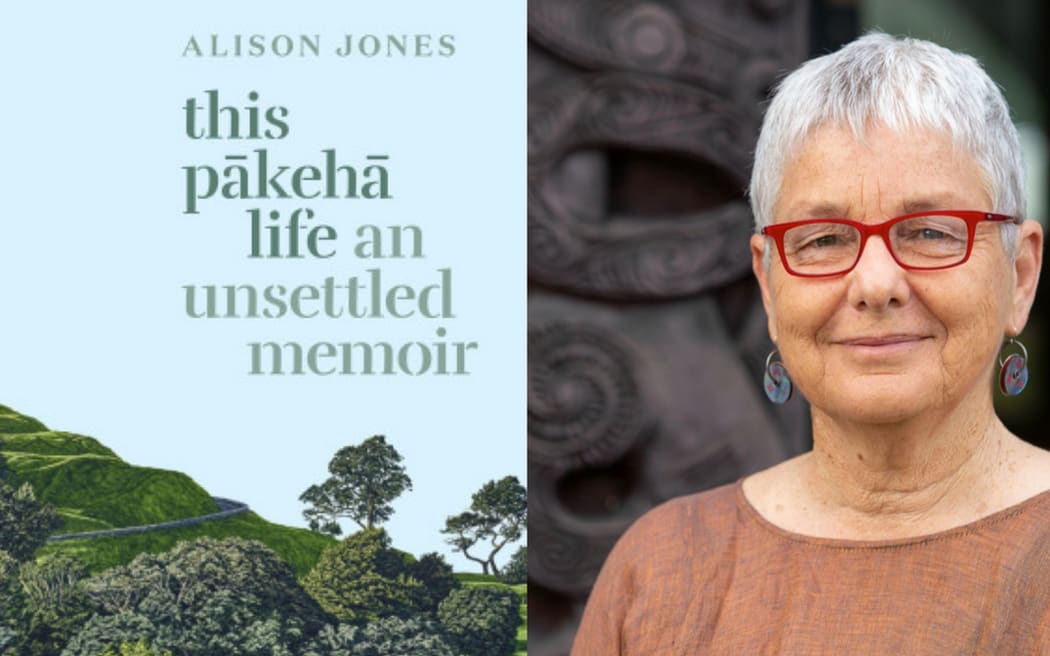
Photo:
Highlights of the discussion
Jeanette King:
When colleagues say, “I want to involve Māori more or co-design research with them, how do I start?” I find it’s a really hard question to answer.
Alison Jones:
It is. It’s impossible to answer because when people just want to say “I’m doing some really interesting research on Māori, so I need a Māori person to work with,” what’s unspoken is the underlying belief that “they should be really pleased because I’m doing this exciting work.”
Well it just doesn’t work like that, because it is all about relationships. I’ve spent years in relationships with Māori people I work with. Being their friend, teaching, whatever what I’m doing, engaging, turning up, doing dishes – whatever! – it doesn’t matter. It’s just being present that matters.
Māori will always notice if you turn up to things, to hui, to tangi, or other Māori events. They’ll notice you, they’ll know who you are. And so if you’re going to be then saying to your friend “Hey, I’m thinking of doing some research what do you reckon?” they might say OK, because they know you’re there. You’re not just diving in for the goodies and then are going to dive out again. They know you’re permanently there in a committed engagement. Your heart’s in the right place, you’ve got the right politics, all that kind of thing.
You can’t just leap into a relationship.
It’s quite interesting though, Jeanette, that I quite often get emails from people overseas, whether it’s Germany or Chile or United States, saying “I’ve read about Maori education, or I’ve read about kohanga reo, kaupapa Māori philosophy, or something indigenous in New Zealand, and I really want to come and find out about it. Can you help me work in a school/learn from Maori people/learn the culture/et cetera?"
I’ve got to write back as though I’m writing to anthropologists of old.
You can’t just pop up and say, “Hey Māori people I want to know about you. Sit down with me and tell me all about yourself.” That ain’t gonna happen.
I mean just imagine if it was you? If someone popped into your house and said “Hey Alison, I’m really interested in you, you know will you just let me ask you a whole lot of questions about your culture and what you had for dinner and whatever."
Why would any Māori person do it? A Māori group would just say, “Oh, those Pākehās. They want something yet again. What’s in it for us? They’re just going to take away the book or the article or the degree and make more money, and we’ll still be sitting here."
Jeanette King:
The other thing I’m really struck by in te ao Māori is manaakitanga. Maybe as a Pākehā who’s involved with the Māori world you’re sometimes realising you might keep these other Pākehā away, because you know they’re going to outdo the welcome that they’ll probably get. That’s one real feature of Māoridom, isn’t it? The care and the hospitality.
Alison Jones:
Manaaki is a really interesting word because as you’ll know it’s got the word mana in there. Manaaki is about maintaining people’s mana and the hospitality thing is about me maintaining your mana as guest That in itself maintains my mana. There’s a kind of a relational thing built in there.
So for me acting as a a kind of go-between for the American who wants to come into the kohanga reo and observe, is a problem. My loyalty and my relationship is with the Māori side. If I asked them they would probably say “Yes” because it’s me asking, but then it’s my mana that’s on the line too. It’s all to do with who knows who, relationships, trust, politics, engagement.
It’s all a kind of wonderful network.
About the speaker

Photo: Supplied
Alison Jones is a Professor in Te Puna Wānanga, the School of Māori and Indigenous Education, at the University of Auckland. She is a Pākehā, born in Auckland next to Maungakiekie One Tree Hill. She writes and teaches about Māori-Pākehā relations today and in the pre-Tiriti period. This Pakeha Life: an Unsettled Memoir is her latest book.
This session was recorded in partnership with WORD Christchurch

Photo: WORD Christchurch

